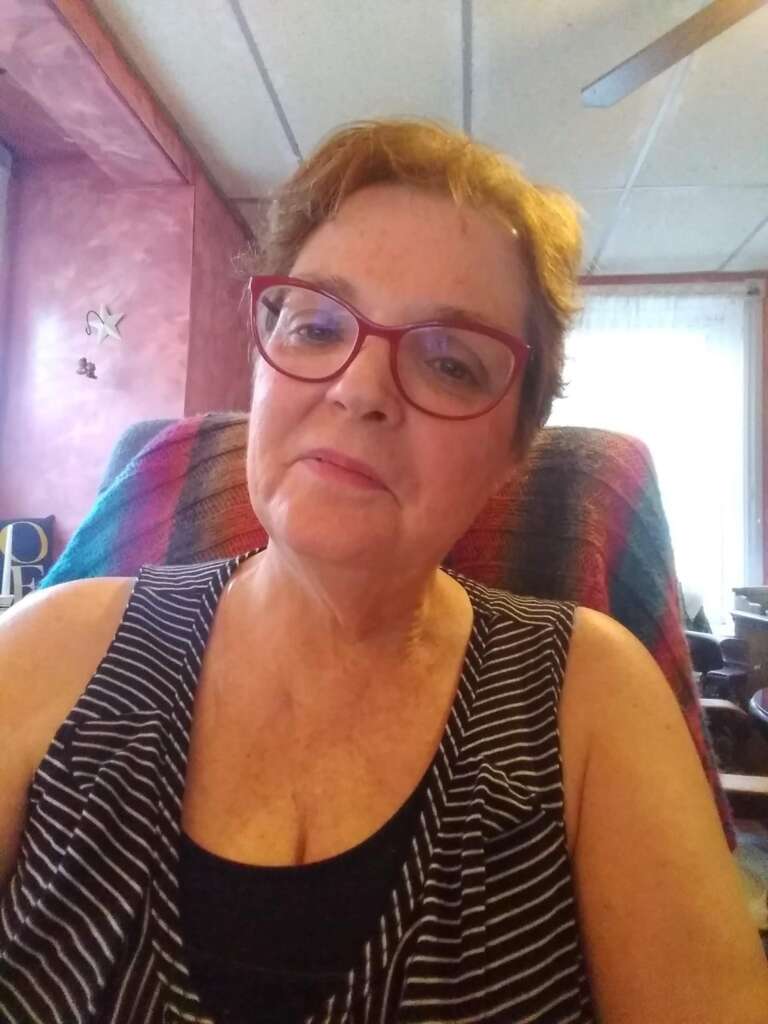It was Communion Sunday, the first Sunday of the month, and on this day in June I was preoccupied with the end of the school year—my last—and the many plans I had both for the summer and retirement. My autistic adult son sat beside me quietly, waiting until the usher approached our pew and motioned us to the altar, where Pastor Amy waited with the bread and wine. I slid into the aisle first, Allen immediately behind me. He held his hand in front of the cup of wine, indicating to Tom that he did not want intinction. Tom nodded and Allen returned to his seat.

And then it hit me: the grace with which Allen took communion and all its sensory parts had become commonplace to me. But it was just a little over a year ago when the act of walking up to the altar and accepting communion from someone’s hand was a challenge for Allen.https://lindaca1.substack.com/p/the-texture-of-communion?utm_source=publication-search
“The Texture of Communion”, written in May of 2023, detailed the way in which Allen had to prepare himself to partake of this important ritual in the Christian faith.
My heart swelled with joy; my son was fully able to experience this moment, this fellowship, this reminder of the sacrifice of Jesus. Here, Allen belonged.
As an adult on the autism spectrum, Allen does not easily connect with things he cannot see or feel. While he and his siblings were raised to go to church and Sunday School, Allen attended more out of parental expectation than belief. According to a 2018 study done at Boston University, individuals on the spectrum were 20% less likely to identify with a church or religion. The reasons cited are not just a lack of intellectual understanding of the concept of God, but the social demands of church. Often, religious environments do not accommodate the sensory and learning needs of children and adults with diverse needs. Allen has, in fact, been known to walk out of a service if the sensory overload becomes too much.
In his book, Disability and the Church, Pastor Lamar Hardwick, an adult on the autism spectrum, speaks about the minority community of the disabled, a group anyone can join if they are differently-abled in any way. It is the way the church should seek to greet everyone, says Hardwick, being observant and considerate to those with diverse needs. Some people, Hardwick states, do not need fanfare to welcome them to the church; they just need quiet acceptance.
Here, at this little church in Claymont where Allen and I sought comfort and refuge after the death of my husband, Allen belongs. He is accepted. He is loved. He embraces the older ladies who tell him, “You give the best hugs.” He high-fives the men. He helps set up and take down the coffee for the fellowship between services and he assists with any dinner or picnic.

Here, he is not seen as autistic. Here, he is just Allen.
He turns to me in the pew, the taste of the Communion bread still on his lips, and whispers, “I never know what to do with the napkin.” Then he slides it into his pocket.
And this small act brings tears to my eyes because he did not hand it to me.
He took care of it himself.
Have you ever realized how difficult Communion might be for those that have sensory issues or are differently abled? How does your church welcome and support those who might be different?
